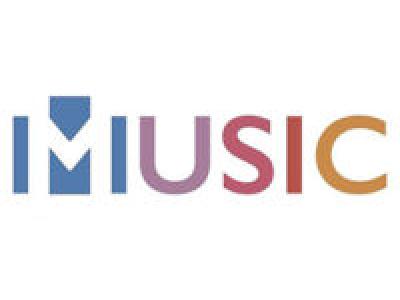Closed projects - Strategic Partnership for Higher Education - MUSIC

Project: MUSIC –Making Universities Ready for Social Inclusion and Cultural Diversity
Involved UNIPV structure: Dipartimento di Scienze Politiche e Sociali
UNIPV Team: Prof. Annarita Calabrò, Prof. Emanuela Dal Zotto
Total Budget: € 324.590,00
UNIPV Budget: € 47.315
Project duration: 01/09/2019 - 31/08/2022
Coordinator: Leibniz University of Hanover – Institute for didactics of democracy Germany
Full Partners:
Speha Fresia Società Cooperativa - Italy, Synergy of Music and Theatre - Greece, University of Kaiserslautern - Germany, University of Pavia - Italy, University of Piraeus - Greece, University of Vienna - Austria
Description:
The MUSIC project develops a comprehensive program for the employees of European universities to break down barriers for international students, namely migrants and refugees, in accessing educational and administrative services.
Employees (primary target group) can enhance their intercultural and communication skills, for instance, in the context of counseling or teaching. The project's focus is based on concepts such as fair treatment (regardless of religion, origin, and gender), which can be linked to the current discourse on civic educational work and social science didactics. The project should not be limited to the individual level; rather, further knowledge on structural levels should be conveyed, such as reflecting on power structures, analyzing daily political events, and raising awareness for a particular approach to discrimination, stigmatization, and group-related forms of misanthropy.
Refugees and migrants are the project's secondary target group. They will benefit from the improved skills of the staff at contact and counseling centers.
To determine the exact needs for the concrete contents of the curriculum modules and to develop corresponding offerings and exercises for continuous training, a needs analysis will first be conducted in the national contexts of the universities.
Based on this, the partners develop the curriculum modules, making full use of their shared and sometimes specific expertise.
The curriculum is divided into several modules:
- Self-reflection on biases (conscious or unconscious) against refugees/migrants
- Communication strategies in counseling and daily interactions



